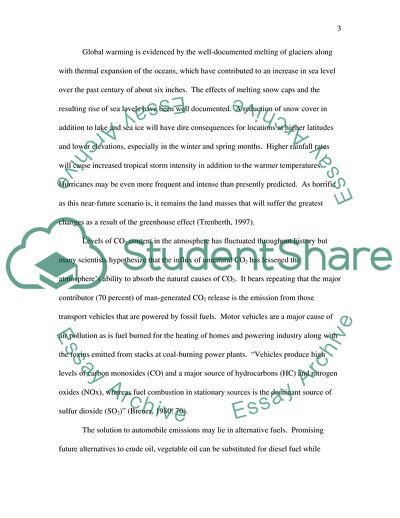Cite this document
(Global Warming Implications and Management Strategies Essay Example | Topics and Well Written Essays - 1500 words, n.d.)
Global Warming Implications and Management Strategies Essay Example | Topics and Well Written Essays - 1500 words. https://studentshare.org/environmental-studies/1708805-global-warming-implications-and-management-strategies
Global Warming Implications and Management Strategies Essay Example | Topics and Well Written Essays - 1500 words. https://studentshare.org/environmental-studies/1708805-global-warming-implications-and-management-strategies
(Global Warming Implications and Management Strategies Essay Example | Topics and Well Written Essays - 1500 Words)
Global Warming Implications and Management Strategies Essay Example | Topics and Well Written Essays - 1500 Words. https://studentshare.org/environmental-studies/1708805-global-warming-implications-and-management-strategies.
Global Warming Implications and Management Strategies Essay Example | Topics and Well Written Essays - 1500 Words. https://studentshare.org/environmental-studies/1708805-global-warming-implications-and-management-strategies.
“Global Warming Implications and Management Strategies Essay Example | Topics and Well Written Essays - 1500 Words”. https://studentshare.org/environmental-studies/1708805-global-warming-implications-and-management-strategies.


